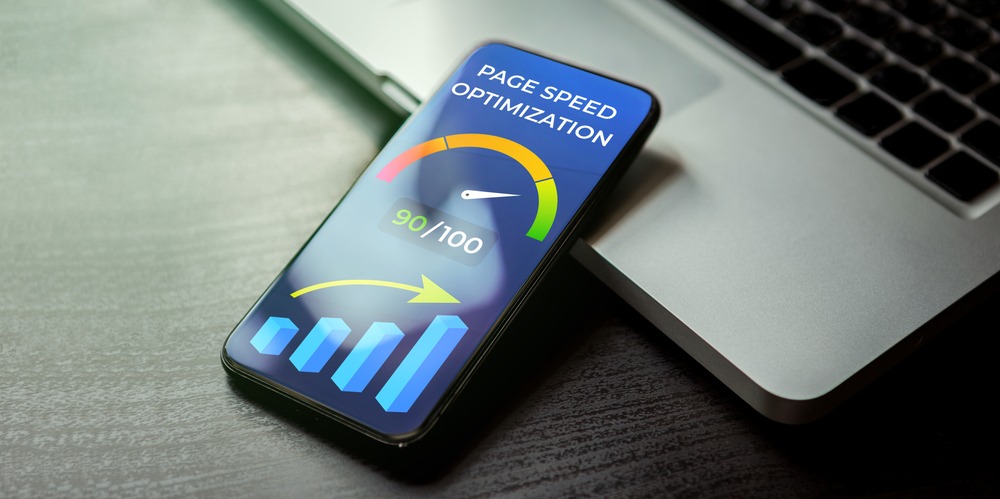How Does Page Speed Affect SEO
Page speed is one of the factors companies use when ranking SEO. You want to create a site that loads as fast as possible if you’re going to keep your SEO high.

So, how does page speed affect SEO? You’ll find out below.
What is Page Speed?
Page speed refers to how quickly your website pages load. No one likes waiting for a website page to load, and many internet users will abandon a slow-loading page to look for another.
There are many factors that affect page speed, including your website’s server and host, the content on the page, including images and videos, the code, and more. If you want t0 rank well in the Google search results, you’ll have to optimize your page speed.
Page speed is typically measured on a scale of 0-100, with 100 being the fastest and 0 the slowest. To test your website’s page speed, you can use Google’s Page Speed Insights.
Benefits of a Fast Page Speed

Positive page speed can help your SEO rating for several reasons. Some of the best things that occur with a quick page speed are listed below.
Gives a Better User Experience
When a user clicks on your site, and it loads fast, they will have a better overall experience. They will be able to get the information from your page that they are looking for without getting bored.
User experience is important to consider for both SEO purposes and for the users themselves.
Helps Web Crawlers
Fast loading speeds allow web crawlers to explore more of your page with the time they are given for each site. Slower loading pages take more time and let the crawler see fewer pages.
If the crawler can examine more of your site, it will be more likely to find information to raise your SEO. Learn more about how search engine crawlers work and why it matters for SEO.
Limits the Back Button
If a person clicks on your page in a web search and finds a slow loading result, they will hit the back button. Not only will they leave your page, but they also may not come back to it later. A faster page increases interaction with your site and lets users see your information quickly.
When someone clicks the back button, Google recognizes this as a sign that your website did not meet their needs. This is called bounce rate – how often users bounce from your website within the first few seconds. A high bounce rate suggests that your web pages are not helpful to readers, which can hurt your rankings on Google.
Ways to Improve Page Speed
Once you have found your current page speed, you can do many things to change it. Making it faster will help you with your SEO. Here are some things you can switch on your site to make them load quicker.
Limit Redirects
If your site has been around for a while, you may have a lot of redirects built into your page. These redirects can cause your site to slow down when loading and give you a worse time.
Pick the Right Images
Using images that are the proper size can make a page quicker to load. It also helps if you find pictures that are in a useful format. JPEG tends to be larger files. It would be best if you only used it for photos and images that need high quality. Many logos, graphs, and charts can be in smaller PNG format.
If you optimize all your images on the page, you will make your page speed better, which will help your SEO. Try to compress large images to improve load time.
Turn on Compression
You can turn on compression for your text and files that aren’t images. You can add it to most pages with a plugin. This compression will allow the page to load quicker each time.
Final Thoughts
Now that you have seen the answer to how page speed affects SEO, you will be able to change your site to have your best possible speed. Better page speed helps more people use your page, and it gives them a better experience.
Making just a few small changes to your SEO strategy can do wonders for your business. Try them out and see how it works for you.



Sorry, the comment form is closed at this time.